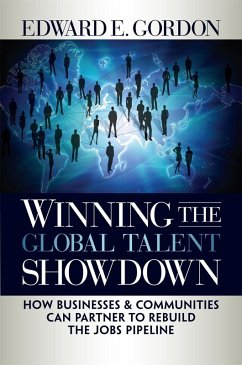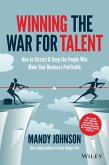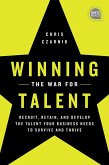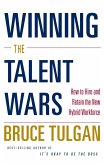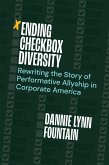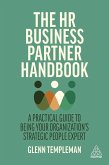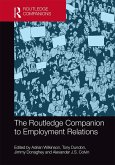To help large and small businesses repair our broken talent pipeline, Ed Gordon offers counter-intuitive, bottom-up solutions through which corporations partner with NGOs, educational groups, local chambers of commerce and other stakeholders to rebuild the wellspring.
In the next few years the world will be facing a huge talent shortage. Demographic trends in America, Europe, Russia, and Japan are reducing the pool of new workers. As the need for talent grows, China's and India's educational systems won't be able to produce enough qualified graduates for themselves, let alone the rest of the world. But the heart of the problem is that the education-to-employment system worldwide is badly outmoded. We're not producing graduates with the kinds of technical, communications, and thinking skills needed in the 21st century.
In Winning the Global Talent Showdown, Ed Gordon surveys the sorry state of the world talent pipeline, with separate chapters on the Americas, Asia, and Europe. Each region faces its own challenges, yet the result is the same: a dramatic shortage of workers who can function in what Gordon calls our cyber-mental age.
But this is fundamentally a book about solutions. Gordon argues that we need to completely reinvent our talent-creation systemand some pioneering efforts are already underway. He describes dozens of gateways to the future, innovative partnerships in which local governments, schools, businesses, labor unions, parents, training organizations, community activists, and others are collaborating to develop completely new approaches to education. Based on personal experience, Gordon outlines how concerned citizens can establish these partnerships in their own communities. And he looks down the road to 2020, explaining how we can build on the best of these new ideas so that the jobs pipeline flows freely again.
In the next few years the world will be facing a huge talent shortage. Demographic trends in America, Europe, Russia, and Japan are reducing the pool of new workers. As the need for talent grows, China's and India's educational systems won't be able to produce enough qualified graduates for themselves, let alone the rest of the world. But the heart of the problem is that the education-to-employment system worldwide is badly outmoded. We're not producing graduates with the kinds of technical, communications, and thinking skills needed in the 21st century.
In Winning the Global Talent Showdown, Ed Gordon surveys the sorry state of the world talent pipeline, with separate chapters on the Americas, Asia, and Europe. Each region faces its own challenges, yet the result is the same: a dramatic shortage of workers who can function in what Gordon calls our cyber-mental age.
But this is fundamentally a book about solutions. Gordon argues that we need to completely reinvent our talent-creation systemand some pioneering efforts are already underway. He describes dozens of gateways to the future, innovative partnerships in which local governments, schools, businesses, labor unions, parents, training organizations, community activists, and others are collaborating to develop completely new approaches to education. Based on personal experience, Gordon outlines how concerned citizens can establish these partnerships in their own communities. And he looks down the road to 2020, explaining how we can build on the best of these new ideas so that the jobs pipeline flows freely again.
Dieser Download kann aus rechtlichen Gründen nur mit Rechnungsadresse in A, D ausgeliefert werden.

